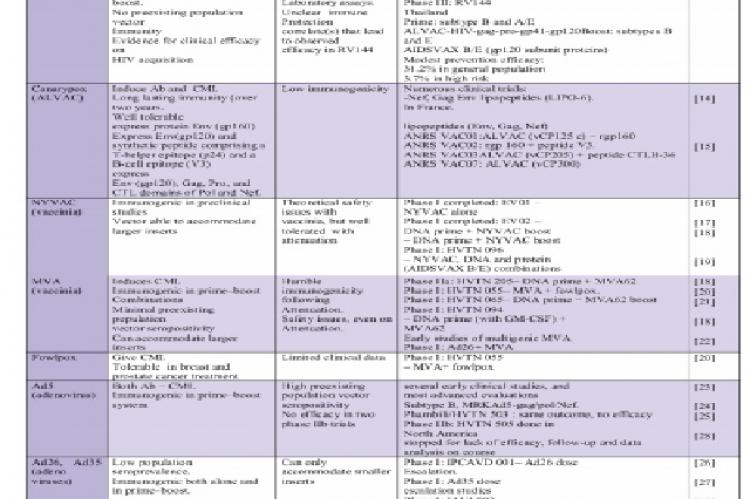The effect of chronic schistosomiasis on the efficacy of vaccines currently in clinical use and future HIV vaccines is the subject of critical research enquiry. Several candidate HIV vaccines have been tested or are in ongoing clinical trials, but it is not clear how they might perform in the presence of ongoing helminthic infections. S. mansoni infection has been suggested to be a risk factor for HIV transmission and progression in Africa. There is an extensive geographic overlap between the prevalence of helminth infections and HIV/AIDS in sub-Saharan Africa (SSA), suggesting that future HIV vaccinations in SSA will be administered to a large proportion of people with ongoing helminthic infections. A lot of speculations are based on a hypothesis that Helminth infections have been shown to skew the immune system of the host to T-helper type 2 and to subsequently suppress immunity. It is on this hypothesis therefore, that helminth infected populations may not generate the desired sufficient immune responses to vaccines designed to drive Th1- type and cytotoxic T-cell responses, HIV vaccines included. This review looks at the various HIV candidate vaccines which have been developed over time and links their performance to the presence of helminthic infection, specifically S. mansoni.
View:
- PDF (955.21 KB)


